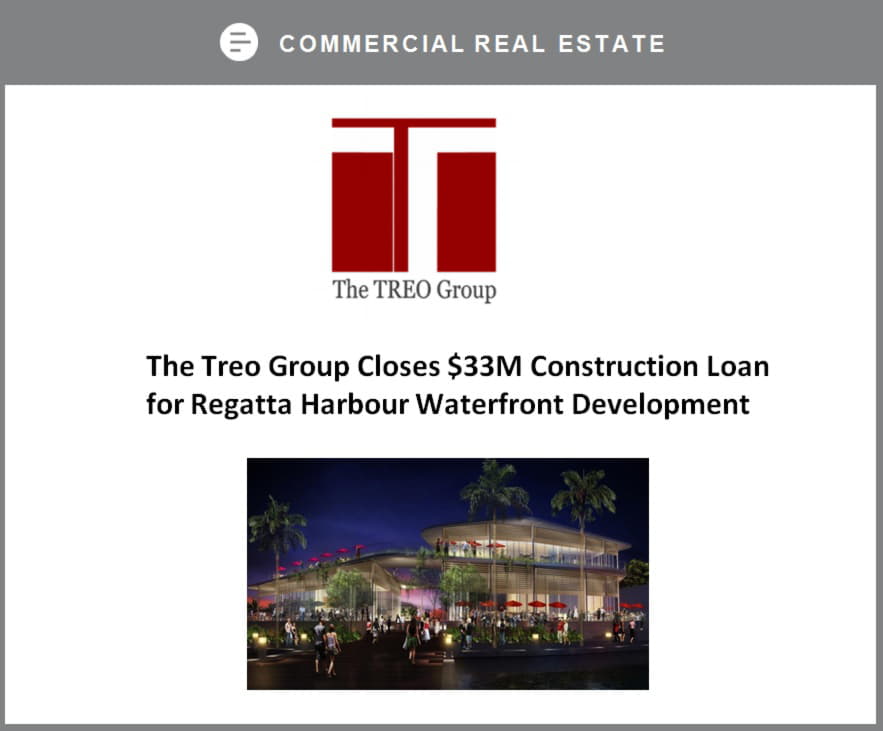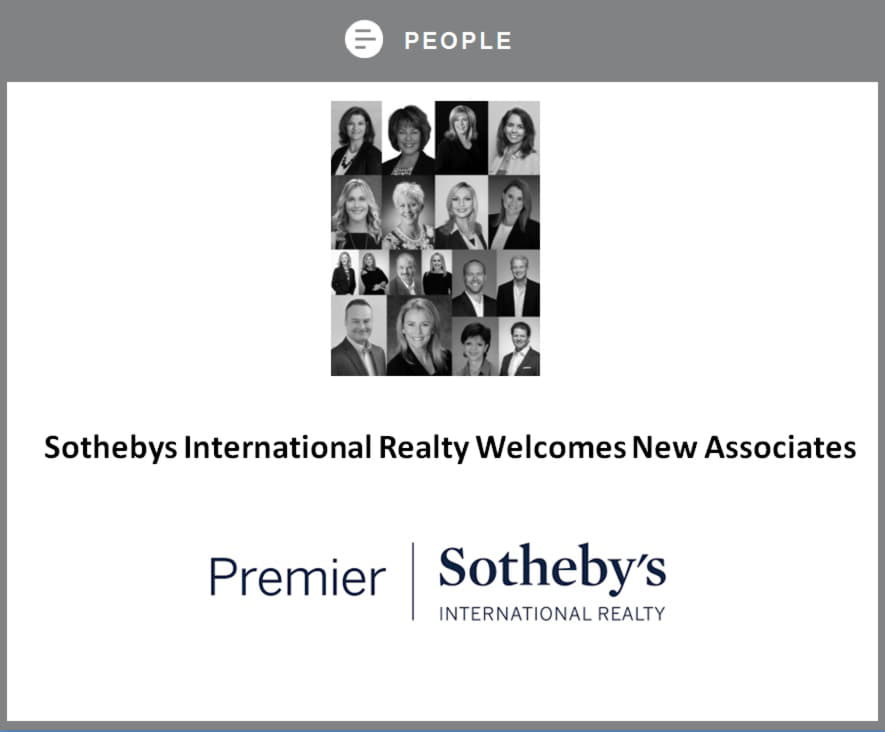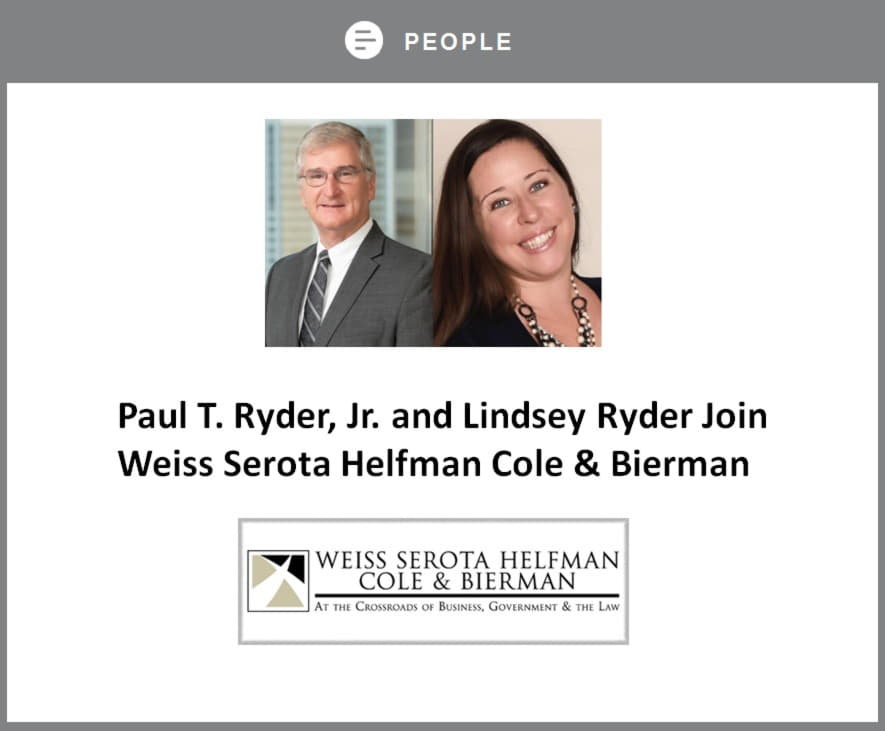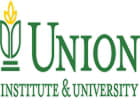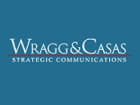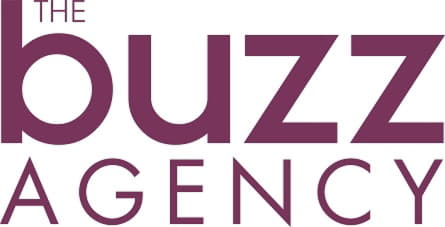Miami in 10th Place Globally and Fifth Overall in the U.S. in Attracting Middle Eastern Capital
Middle East investment in global commercial real estate reached nearly US$10 billion in H1 2016, with the target markets becoming more diverse and a substantial uptick in activity in the U.S., according to the latest research from global property advisor CBRE Group, Inc.
Miami (US$517 million) was the tenth overall most popular destination for Middle East investment in the 18-month period from 2015 to H1 2016; the fifth overall among U.S. markets.
Investors from the Middle East have remained active buyers despite a slowdown in global investment turnover in H1 2016. Purchases of nearly US$9.8 billion account for over 20% of global cross-regional investment in H1 2016. Since being at the bottom of the market in 2009, investment from the Middle East has grown much faster than the market as a whole and faster than any other cross-regional investment. The sharp increase in investment was driven by Sovereign Wealth Funds (SWFs)–in particular those from Qatar and the UAE. Capital flows are expected to remain high as SWFs increase the weighting of their portfolios and include a higher proportion of property.
Several key Florida assets have or continue to attract Middle Eastern capital including the Esparante tower in West Palm Beach, which until recently was owned by Investcorp advising for Middle Eastern capital; the former Icon renamed W Hotel on Brickell, which is owned by a Qatar-based fund; and the former Modera Town Center Apartments which was acquired by KFH Capital.
“Middle Eastern investors continue invest in Florida generally and South Florida specifically for many of the same reasons as they always have—its growth and demographics create very strong positive trend lines for long term holders, where many of their funds and direct investors seem to be,” said Charles Foschini, Vice Chairman of South Florida Markets, CBRE Capital Markets.
“Additionally, Miami's increasing position as a global city and gateway to Latin America allow investors from afar to discuss the region in the same breath as they would with New York, London or Tokyo. Recent direct flights from Qatar to Miami will also help accelerate that demand by individuals and institutions alike,” added Mr. Foschini.
New York (US $6.5 billion) was the top destination for Middle East investment during the 18-month period from 2015 to H1 2016; followed by London (US$4.7 billion), Singapore (US$2.5 billion), Hong Kong (US$2.4 billion), Paris (US$2.2 billion), and Milan (US$1.3 billion). The target destinations show a departure from recent history, with substantial activity in the U.S. and greater flows into Asia. Both of these regions had previously been under-represented in Middle East investment. This suggests a move to a more balanced distribution of assets to achieve greater diversification. With substantial ground still to make up, this trend can be expected to continue.
“The destinations of investment flows from the Middle East are becoming more diverse and are no longer solely concentrated on London and New York City. Other U.S. cities such as L.A., Washington, D.C., Atlanta, and Miami, as well as Asian markets are moving up on their agenda. The major Australian cities could be next. We expect investment flows from the Middle East to be substantial for the near future–interest in the hotels sector will remain strong, while the industrial and logistics sector will attract an increased share of capital,” said Chris Ludeman, Global President, CBRE Capital Markets.
The combination of a favorable exchange rate and economic growth has made the U.S. a leading target for Middle Eastern investors. The Qatar Investment Authority (QIA), recently purchased a 9.9% stake in the company that owns New York's iconic Empire State Building for $622 million. Purchases of US$9.8 billion in a single year in 2015 represents a significant ramping up of exposure to the U.S. market. This increase came partly as a result of two major transactions (QIA’s purchase of a 44% share in Manhattan West; Abu Dhabi Investment Authority’s acquisition of a U.S. industrial portfolio jointly with Canada Pension Plan Investment Board), which between them totaled well over US$5 billion.
Diversification by asset type is also influencing Middle Eastern investment activity, with the sector split seeing a material change last year. Between 2010 and 2014, the office sector dominated purchases by Middle Eastern investors, accounting for 53% of the total, with hotels a distant second at 17%. In 2015, hotels and offices were tied, with purchases totalling US$8.2 billion (35% of the total) in each sector. Industrial also saw a sharp increase in 2015 to 9% of the total, compared to just 3% over the previous five years. The industrial sector typically makes up a larger proportion of the market in North America than in other regions; if the strong flows into that region continue, so too should the growth in industrial investment.
Between 2008 and H1 2016, the Middle East accounted for 22.6% of cross-regional investment in the world’s 25 most popular cities for foreign acquistions. In absolute terms, London (US$28.5 billion) has seen by far the most investment from the Middle East. The purchase of major strategic assets in Hong Kong, Milan and Atlanta by SWFs account for the over-representation of Middle Eastern investors in those markets, whereas Houston has attracted investment from a range of different buyer types.
Markets where Middle Eastern investors are underrepresented may also be targeted in the future. Tokyo and San Francisco are popular destinations for other cross-regional investors and have attracted far less than their fair share of Middle Eastern capital. Sydney, Melbourne and Brisbane are all featured in the top 25 destinations for cross-regional investment; to date, they have attracted little investment from the Middle East.
About CBRE Group, Inc.
CBRE Group, Inc. (NYSE:CBG), a Fortune 500 and S&P 500 company headquartered in Los Angeles, is the world’s largest commercial real estate services and investment firm (in terms of 2015 revenue). The Company has more than 70,000 employees (excluding affiliates), and serves real estate owners, investors and occupiers through more than 400 offices (excluding affiliates) worldwide. CBRE offers a broad range of integrated services, including facilities, transaction and project management; property management; investment management; appraisal and valuation; property leasing; strategic consulting; property sales; mortgage services and development services. Please visit our website atwww.cbre.com.


